Elon Musk Suggests Replacing Democracy With Government of ‘High-status males’
Elon Musk, using his vast social media presence on the platform X (formerly known as Twitter), has recently promoted a provocative theory.
The theory suggests that a truly free-thinking “Republic” can only exist under the leadership and decision-making of “high status males,” while women and “low T men” (referring to men with low testosterone) would be excluded from such a society.
Reposting the Theory on Social Media
On Sunday, Musk re-shared a screenshot of the theory, which appears to have originated on the 4chan platform in 2021. This theory, written anonymously, was posted to X and has since gained attention due to Musk’s involvement.
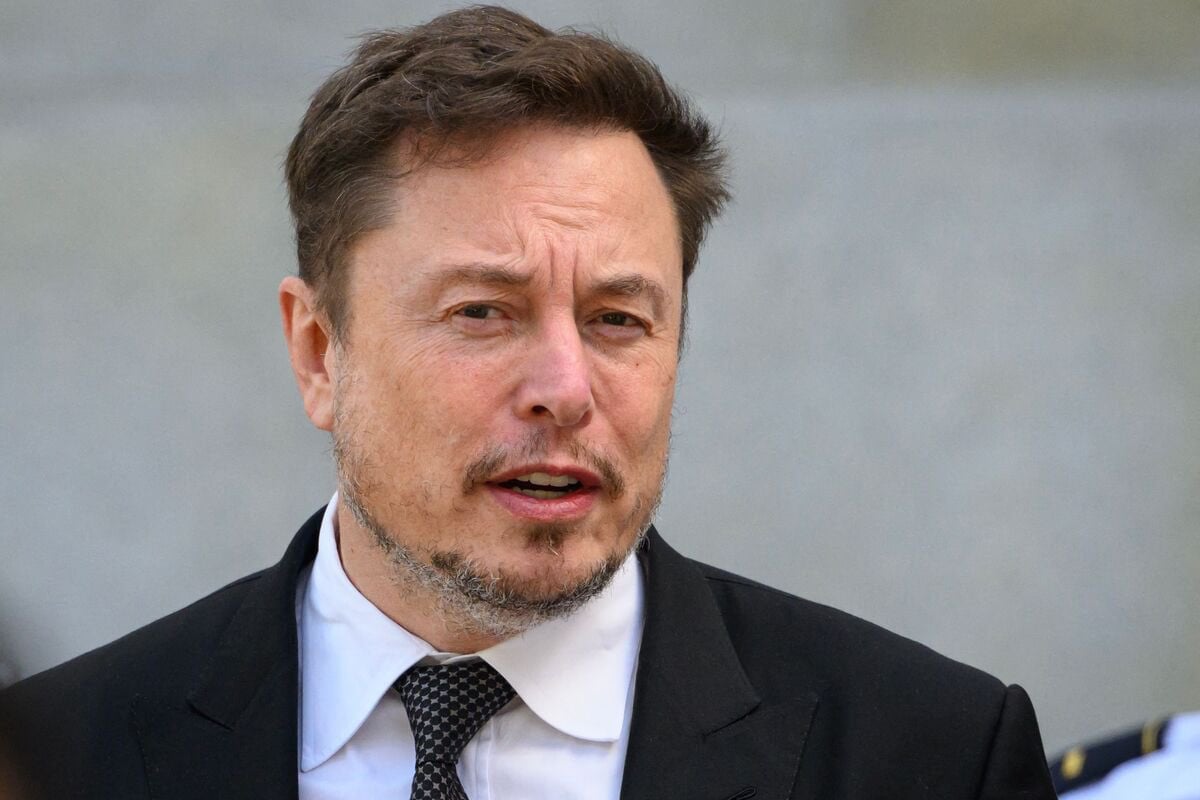
Source: @_wake_up_USA/X
The theory centers around the idea that certain groups of people, specifically “high testosterone alpha males” and individuals who are “aneurotypical,” are the only ones capable of free thought and thus should govern.
"Republic for Free Thinkers" Concept
According to the theory, these so-called “high status males” would run a “Republic” that is exclusively for individuals who are free to think independently.
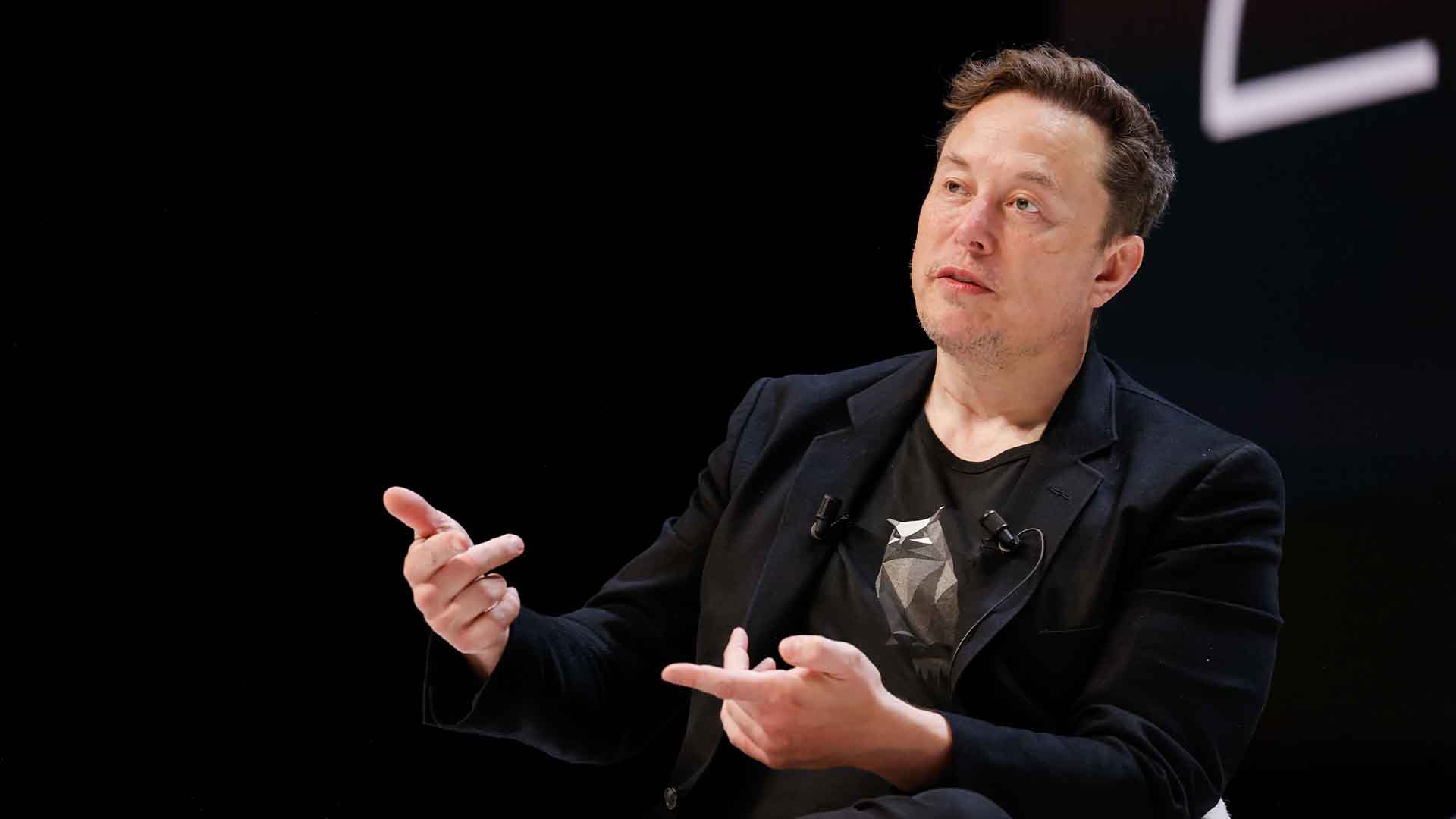
Source: Richard Bord/WireImage
The post claims that people who cannot physically defend themselves, such as women and men with low testosterone, tend to filter information through a consensus mechanism as a form of safety. As a result, the theory asserts, they are not suited to lead or make decisions.
The Theory's Explanation of Information Parsing
The post elaborates that only “high T alpha males” and neurodivergent individuals—referred to as “aneurotypical” people in the post—can process new information with a truly objective mindset, asking, “Is this true?” rather than relying on a social filter.
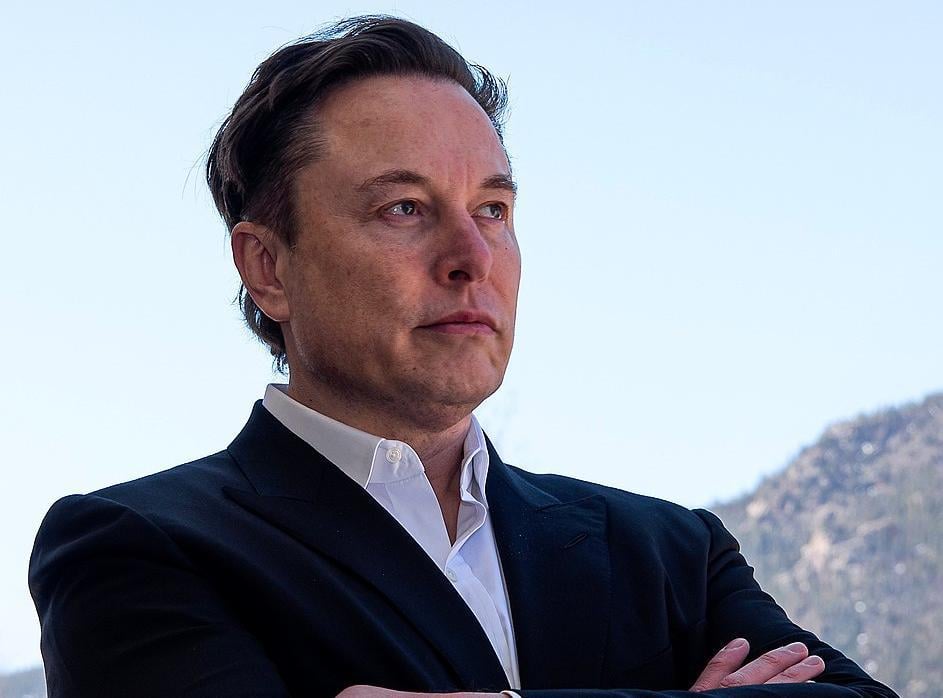
Source: Wikimedia
The claim continues, arguing that a Republic led by these men would be ideal for decision-making. It suggests that such a Republic would be democratic, but only in the sense that the democracy would be limited to free thinkers.
Defining "Aneurotypical" and Its Implications
The term “aneurotypical” does not exist in standard language, but it is inferred that the anonymous poster was referring to neurodivergent individuals, potentially including people with autism or other cognitive differences.
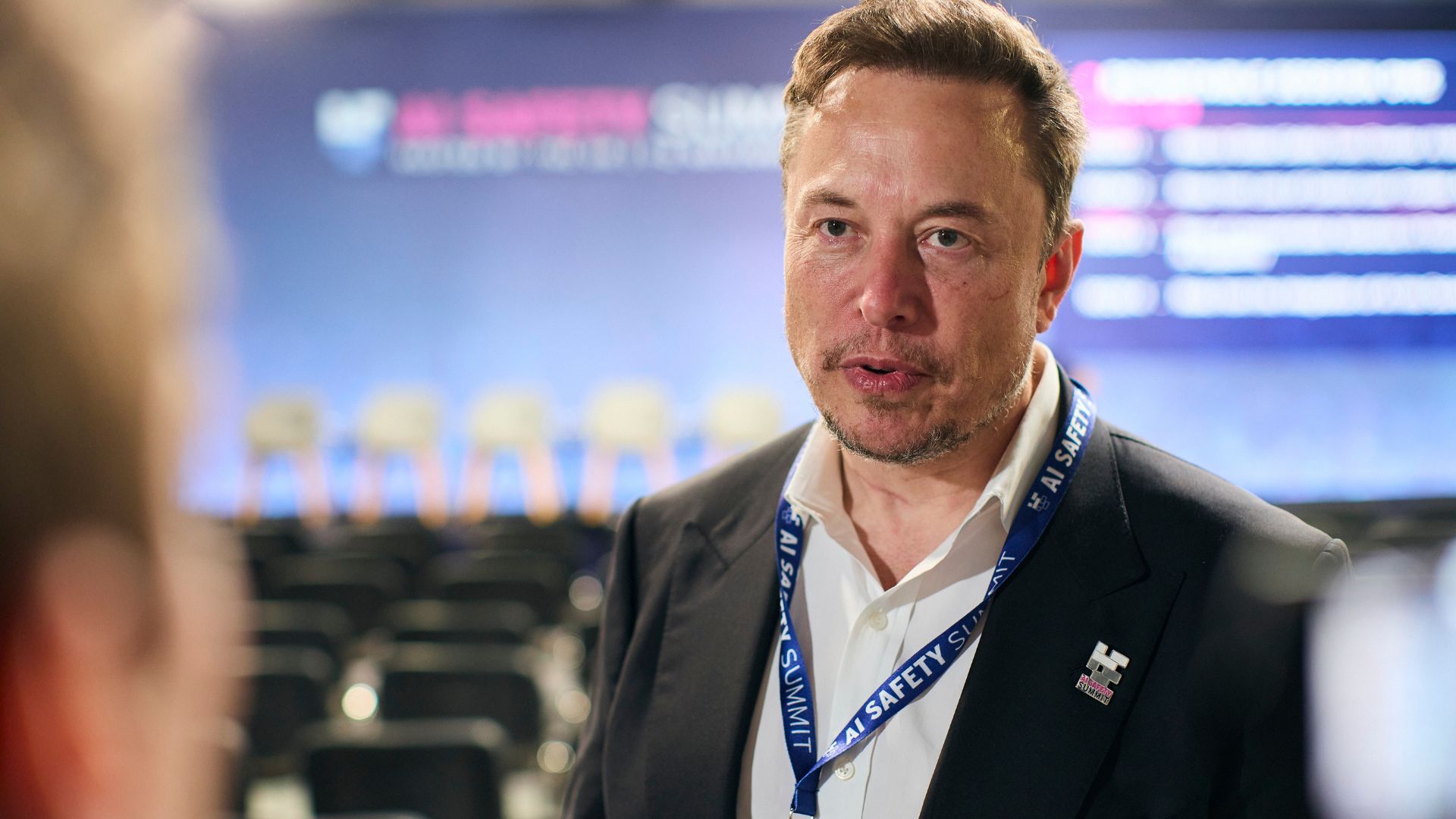
Source: UK Government/Wikimedia Commons
The inclusion of neurodivergent people in the post attempts to broaden the definition of who can be a “free thinker,” but the theory overall promotes a narrow and exclusionary view of leadership.
Criticism of the Theory
Theories like this, which emphasize hegemonic masculinity, have been widely criticized for being sexist, exclusionary, and unrealistic.
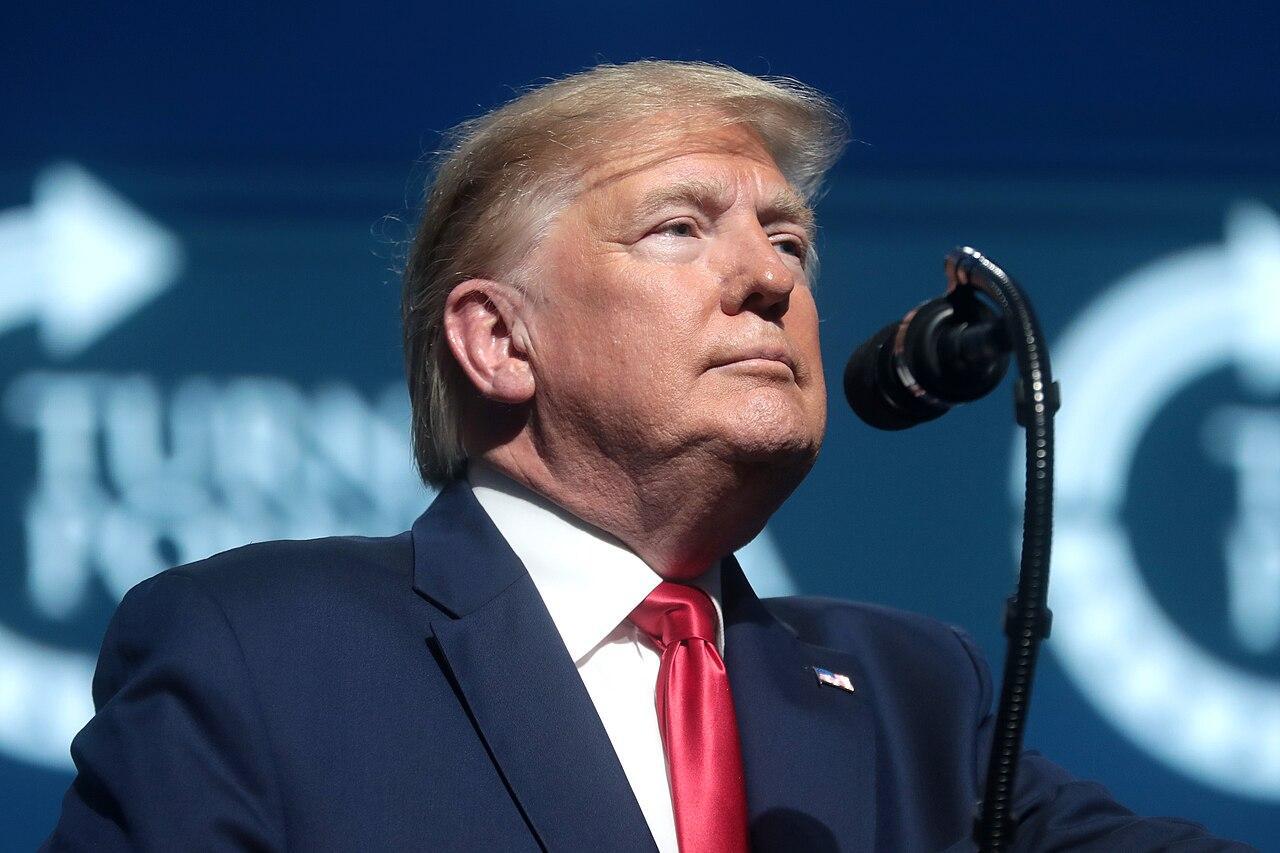
Source: Wikimedia
These views are often labeled as “toxic” and are commonly found within alt-right communities. The idea that only men with certain biological traits are fit to lead or think freely is seen as regressive and discriminatory by many.
Musk's Response to the Post
In response to the post, Musk simply commented, “Interesting observation.” While his remark was brief, it added to the controversy surrounding the post and sparked debates on social media.
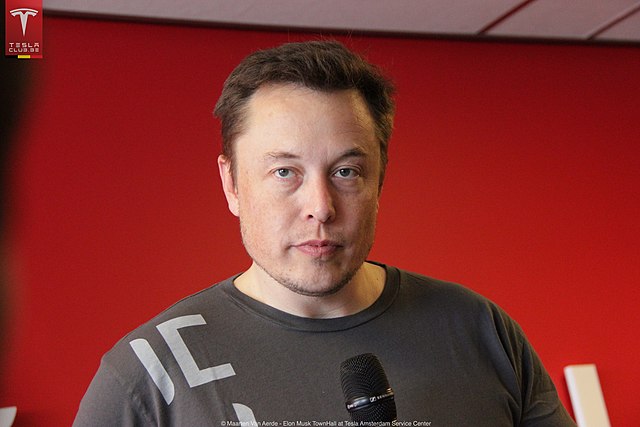
Source: Wikimedia
Musk’s engagement with the post led to further speculation about whether he endorses the theory or was merely intrigued by its content.
The Post's Origins and Supporters
The screenshot of the theory was initially uploaded to X by an account named “AutismCapital.” This account is known for posting memes and content that often appeal to right-wing audiences and frequently align with Musk’s ventures.

Source: KristopherK/Pixabay
The account suggested that the theory is also known as “the Reich effect,” potentially alluding to Robert Reich, a former U.S. Secretary of Labor.
Connections to Robert Reich
Interestingly, the reference to Robert Reich comes just days after he wrote an op-ed in The Guardian accusing Musk of being “out of control” and arguing that he needs to be restrained.
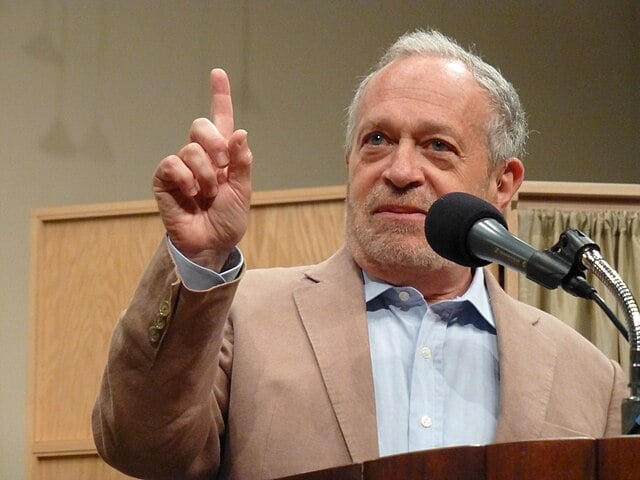
Source: Wikimedia
The theory’s connection to Reich is not fully clear, but much of the account’s content on Sunday appeared to mock Reich while simultaneously defending Musk.
Musk's Intentions Remain Unclear
It remains uncertain whether Musk re-posted the theory because he agreed with its content or if his motivation was to criticize Reich.
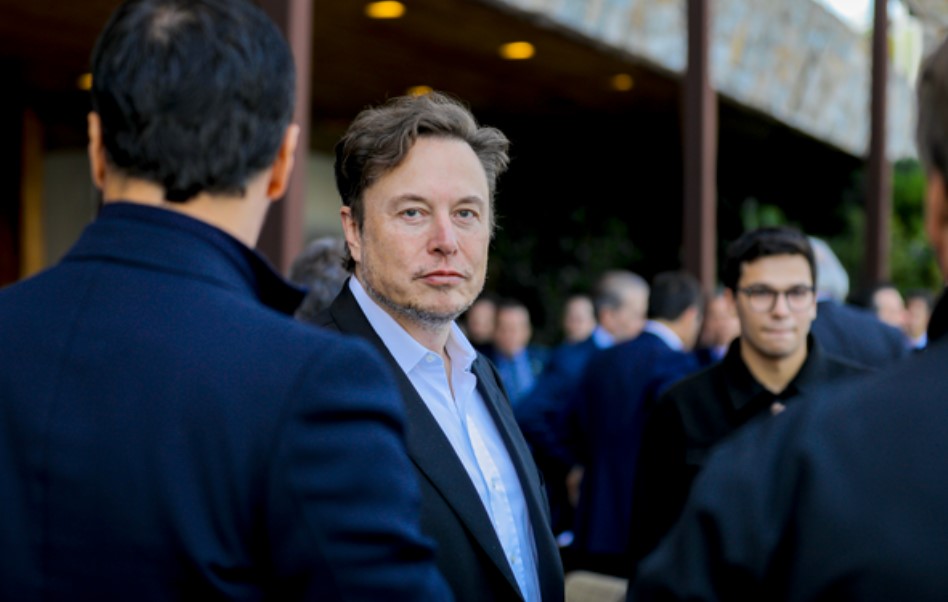
Source: Wikimedia
Musk’s social media activity is often ambiguous, as he frequently engages with controversial theories and misinformation, sometimes without clarifying his stance.
Musk and Controversial Theories
This is not the first time Musk has ventured into controversial or misleading territory on social media. He has previously taken the position that controversial, and occasionally offensive, posts are a form of “free speech” that should be allowed on platforms like X, even when they include false information.
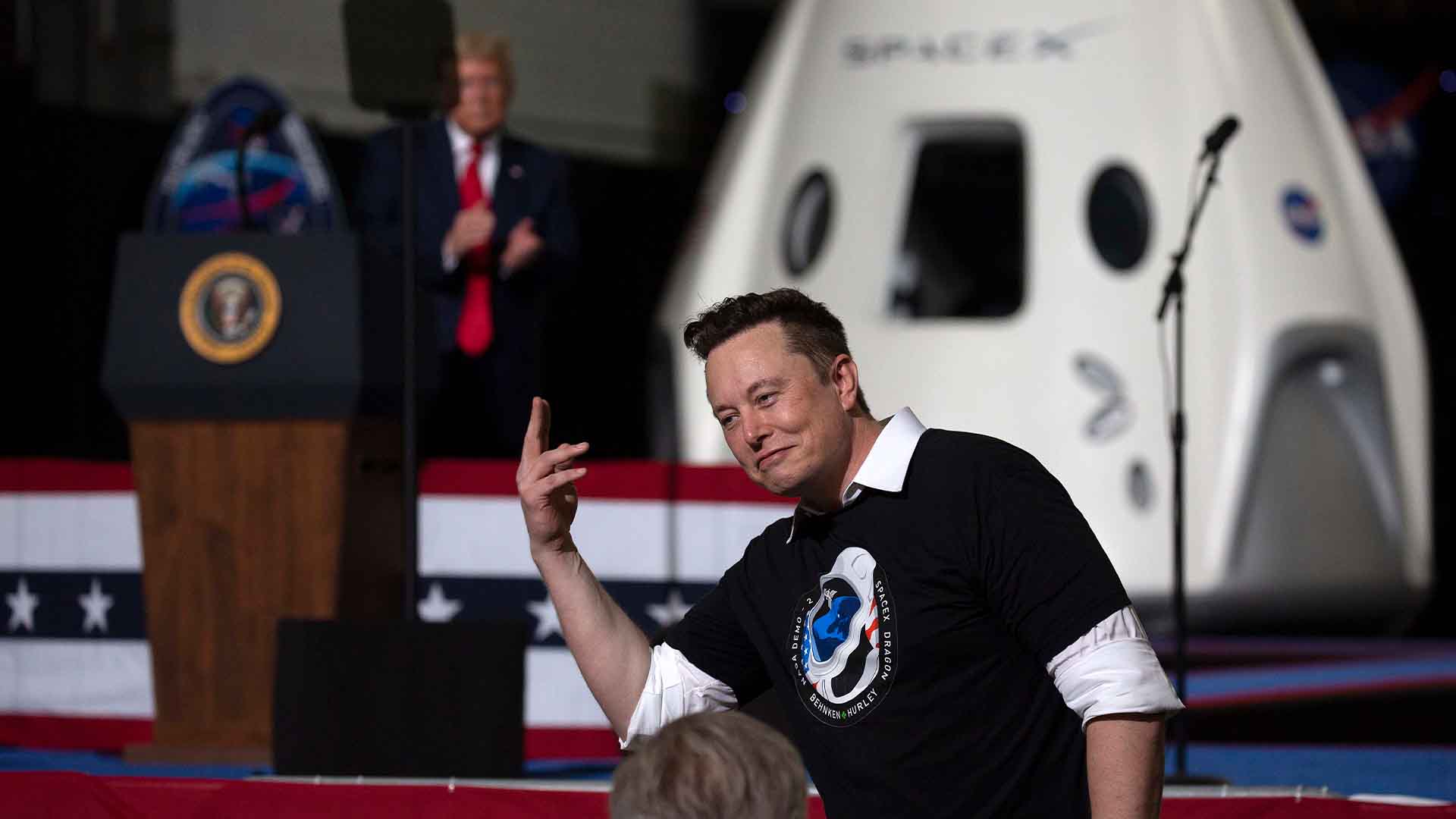
Source: Saul Martinez/Getty Images
His stance on free speech has sparked numerous debates about the responsibilities of social media platforms.
X's Legal Battles in Brazil
Musk’s hands-off approach to moderating content on X has led to real-world consequences. For instance, X was blocked in Brazil recently after Musk refused to comply with a legal order.

Source: Freepik
The order was part of an ongoing battle that began when the platform failed to remove accounts accused of spreading fake news. This situation highlights the tension between Musk’s free speech ideals and legal regulations regarding misinformation.
